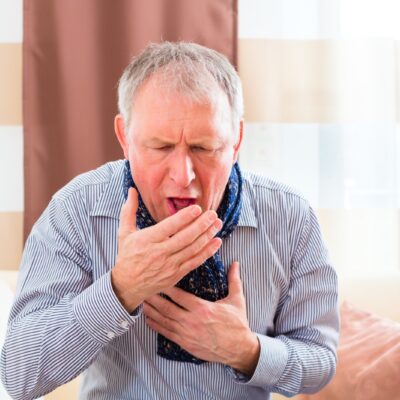
Health
5 Common Symptoms and Causes of Urticaria (Hives)
Urticaria, commonly known as hives, can be a real nuisance. These itchy welts can appear out of nowhere and leave you scratching your head—literally and figuratively. Chronic Spontaneous Urticaria, a subtype of hives, can be particularly persistent, making it even more essential to understand what’s happening with your skin. Let’s dive into the common symptoms and causes of urticaria to help you navigate this often-perplexing condition. Itchy welts One of the most recognizable symptoms of hives is the sudden appearance of red or skin-coloured welts on the skin. These welts can vary in size, from tiny spots to larger patches, and are often accompanied by intense itching. The itching can be so severe that it becomes a major distraction in daily life. The welts might appear anywhere on the body, and they can change shape, move around, or disappear and reappear over a short period. Swelling (angioedema) Sometimes, hives don’t just stay on the surface. Angioedema is a deeper swelling that can occur alongside urticaria, often affecting the lips, eyelids, hands, feet, or even the throat. This swelling can be alarming, especially if it affects breathing or swallowing. While angioedema is often associated with hives, it can sometimes occur on its own, so it’s important to monitor any swelling closely and seek medical attention if it becomes severe.
Read More 









